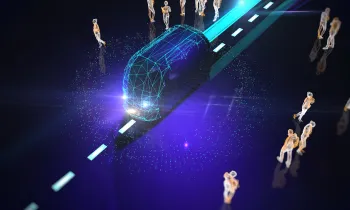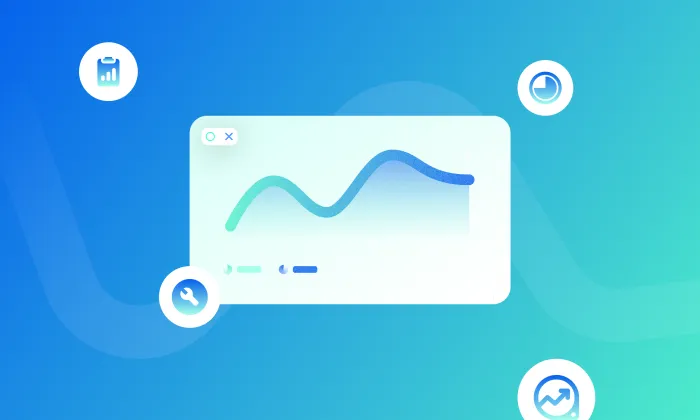How long does it take to complete a typical custom AI data collection project?
Data Collection
Project Management
AI Development
Understanding how long a custom AI data collection project takes is crucial for effective planning and resource allocation. The duration varies significantly based on several factors, but it generally falls into three main categories: small, medium, and large projects.
AI Data Project Timelines: What to Expect
- Small Projects (≤100 hours): Typically, these take 2 to 3 weeks. They involve straightforward data types and minimal complexities, making them quicker to execute.
- Medium Projects (around 500 hours): Expect a timeline of about 4 to 6 weeks. These projects require more diverse data types and detailed collection methodologies.
- Large Projects (5,000 hours and above): These are complex, often taking 2 to 3 months. They involve multiple data modalities and require extensive coordination and contributor recruitment.
What Drives AI Data Project Timelines?
Several factors significantly influence the duration of a data collection project:
- Data Modality: Each modality, such as speech, text, or vision, presents unique challenges. For example, collecting high-quality audio might need specialized equipment and controlled environments, extending the timeline.
- Contributor Recruitment: Selecting and onboarding contributors can be time-intensive. Factors like geographic diversity and language requirements impact how swiftly a contributor pool can be built. A more diverse network often enhances data quality but may lengthen recruitment time.
- Data Collection Complexity: Projects involving scripted scenarios or spontaneous recordings in specific environments take longer. The need for various recording setups, such as studio versus mobile, can further extend timelines.
- Quality Assurance in AI Data Collection: Ensuring data quality is paramount. Multi-layered QA processes, combining automated checks and human reviews, are essential. More rigorous QA extends the project duration but is crucial for data accuracy and consistency.
- Compliance and Ethical Considerations: Adhering to regulations like GDPR or CCPA adds complexity and time. Ensuring informed consent and legal compliance can extend timelines but is necessary for ethical data handling.
Avoiding Common Timeline Pitfalls
Even experienced teams can misjudge project durations. Here are some common pitfalls to avoid:
- Underestimating Recruitment Time: Adequately vetting and onboarding contributors, especially when aiming for demographic diversity, often takes longer than anticipated.
- Neglecting QA: Rushing through quality assurance can lead to errors, requiring more time to rectify and delaying final delivery.
- Ignoring Compliance Needs: Failing to account for compliance checks can unexpectedly extend project timelines, particularly in regulated industries.
Conclusion
By understanding and accounting for these factors, AI teams can better navigate the complexities of data collection projects, setting realistic expectations and ensuring the efficient allocation of resources. FutureBeeAI stands ready to partner with you, offering expertise and infrastructure to streamline your data needs while ensuring quality and compliance throughout the process.
Smart FAQs
Q. What types of data can be collected for AI projects?
A. Data for AI projects can include speech, text, images, and multimodal datasets. Each type has specific requirements and methodologies that influence project timelines.
Q. How can teams improve the efficiency of their data collection projects?
A. Efficiency can be enhanced by pre-planning, leveraging technology for automation, and maintaining clear communication with contributors to streamline onboarding and data collection phases.
What Else Do People Ask?
Related AI Articles
Browse Matching Datasets
Acquiring high-quality AI datasets has never been easier!!!
Get in touch with our AI data expert now!








